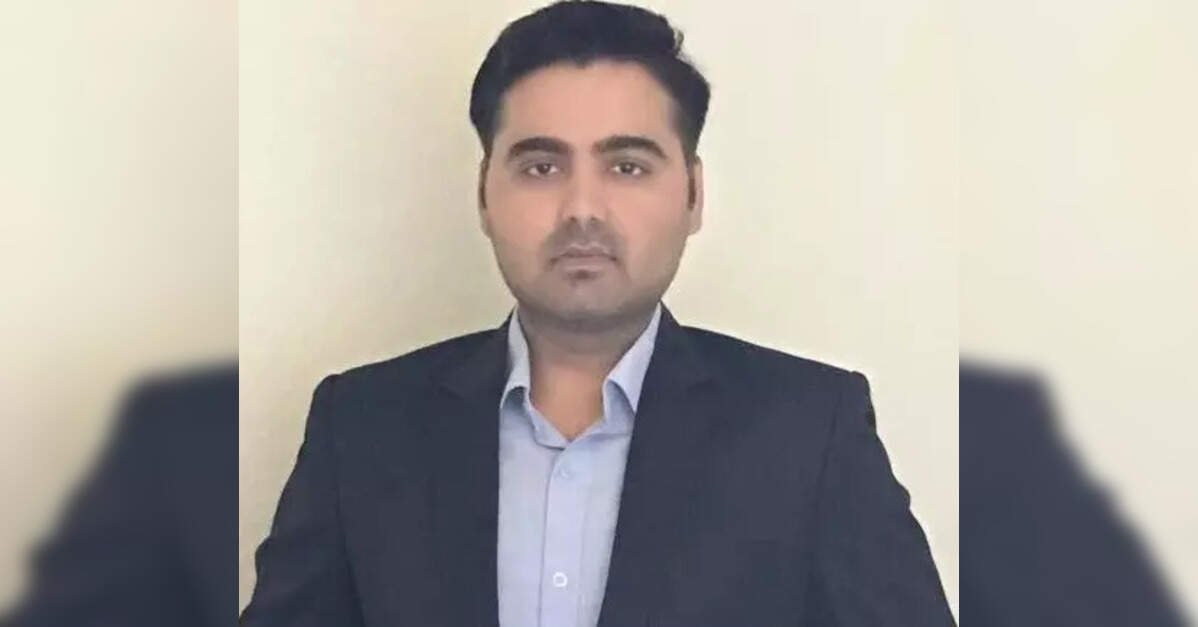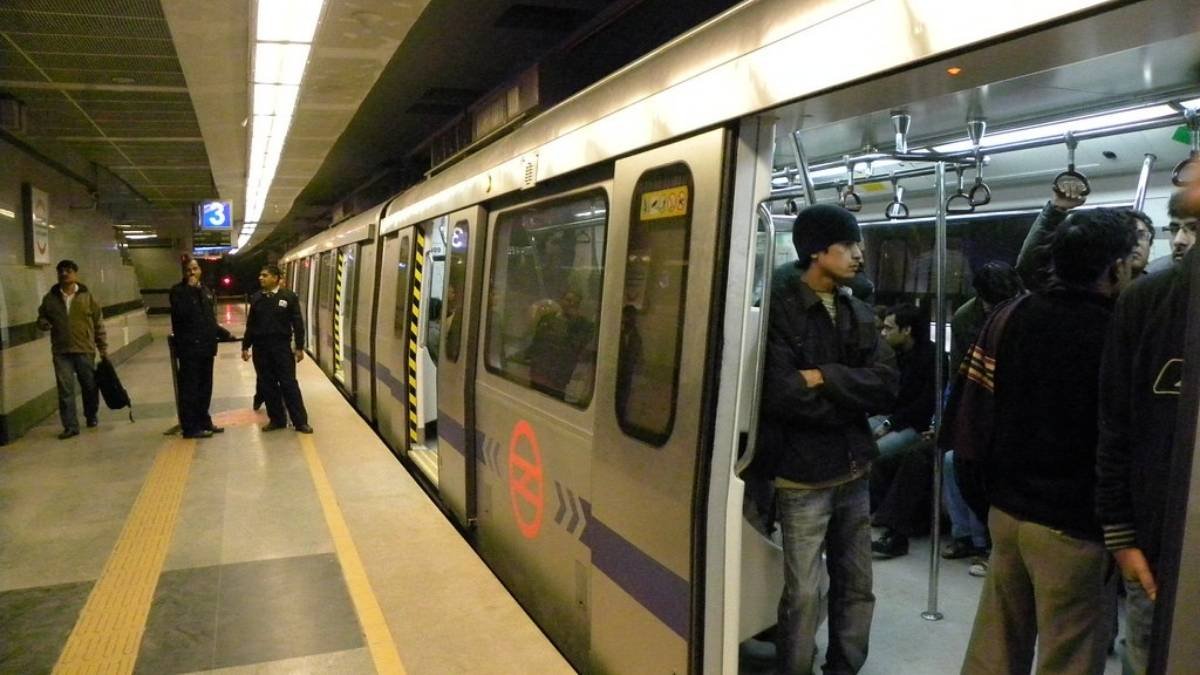Travel Guides & Articles
Hourly Hotel Bookings for Every Need, ETHospitalityWorld

The idea of booking a hotel room only for the hours you need is moving from niche to mainstream in India. Across cities, travellers are increasingly choosing short-stay hotels for purposes far beyond tourism. From a professional looking for a few quiet hours between meetings, to a student preparing for an entrance exam, to a traveller with a six-hour layover, hourly bookings are changing how Indians think about accommodation.
This is more than a travel trend. It reflects wider shifts in the economy and urban life. Time has become one of the most valuable resources, and people are looking for flexible solutions that fit into unpredictable schedules. Unlike traditional overnight bookings, short-stay models allow travellers to book a room for three, six, or twelve hours – with some platforms even offering stays as short as a single hour and up to twelve – so guests pay only for the time they actually use. Hotels, in turn, can generate revenue from rooms that would otherwise remain idle for large parts of the day.
The change has been driven by technology and consumer behaviour. Platforms have made it simple to book and pay in real time, while hotels have adjusted their operations to handle quicker check-ins and faster room turnovers. This ease has opened the model to a wider audience.
One of the strongest drivers is India’s younger generation of travellers. Industry data shows that over 40 percent of Gen Z and millennial travellers make last-minute hotel bookings, often just a few days or even hours before a trip. Their preference for budget-friendly and flexible options aligns naturally with hourly stays. For this generation, a hotel is not just a place to spend the night but also a functional space that can be used to rest, work, or prepare, depending on the need.
Medical travel has also played a surprising role in boosting demand. Patients and families who come to metro cities for treatments often need accommodation for only a few hours, either before or after appointments, which does not align with standard check-in and check-out times. Similarly, the rise of competitive examinations has created steady demand from students and their families who want a quiet, reliable space near exam centres.
Corporate India is finding value here too. As hybrid and remote work become the norm, professionals are moving more frequently between cities without maintaining permanent accommodation. A short hotel booking provides what a café cannot – privacy, reliable Wi-Fi, and a professional setting for meetings or presentations. For client-facing roles, this kind of space is not just convenient, but often necessary.
The growth of India’s airport network has created another large market. With increasing international connectivity and busier domestic routes, layovers are now common. Instead of spending hours in crowded lounges, many travellers are choosing nearby hotels for rest and recovery before their next flight.
There are, of course, challenges for hotels. Frequent turnovers mean more pressure on housekeeping schedules and higher demands on staff. Security protocols and customer service processes also need to adapt. But many operators have already built efficient systems to manage these, and the continued growth of the market suggests the model is here to stay.
In conclusion, short-stay hotels are moving from the fringes to becoming an integral part of the hospitality sector. They align perfectly with a generation that values flexibility, efficiency and experience over convention. For travellers, they represent a smarter, more affordable way to use space. For hotels, they offer a way to increase occupancy and revenue.
Alok Mishra is CEO, Bag2Bag. The views expressed in this article are those of the author and do not necessarily represent those of ET HospitalityWorld.
Travel Guides & Articles
Delhi Metro QR Tickets Are Now Available On ixigo Via ONDC; Seamless Booking Experience Ahead

One of India’s leading travel platforms, ixigo Trains, is making travel easy for Delhiites. The company has partnered with the Delhi Metro Rail Corporation (DMRC) and the Open Network for Digital Commerce (ONDC) to launch Delhi Metro ticketing on the ixigo Trains app. With this new feature, passengers can book QR-based metro tickets directly through the app and make payments in-app. Scroll down for more details.
ixigo Trains Launches Delhi Metro QR Tickets
ixigo Trains has launches Delhi Metro ticketing services on its platform. With this launch, the app will become a one-stop solution to book trains, buses, flights, hotels, and metro. First-time users booking Delhi Metro tickets on the ixigo Trains app between 9-11 AM will receive 100% cashback up to ₹50 in ixigo money. On this, Dr. Vikas Kumar, Managing Director of DMRC, said that they aim to make travel convenient. The new launch will offer flexibility and encourage digital ticketing.
Mr. Dinesh Kumar Kotha, CEO of ixigo Trains & Confirmtkt, added, “Our aim at ixigo is to be the most customer-friendly travel platform. Millions of Indians already use ixigo for trains, buses, and flights. By adding Delhi Metro ticketing, commuters can enjoy a seamless last-mile travel experience, save time, avoid queues, and plan complete journeys on a single app. This partnership with DMRC and ONDC supports our vision of a connected travel ecosystem, encouraging digital-first commuting habits.”
Also Read: Delhi May Lower Legal Age For Drinking Beer To 21; Here’s The Age Limit In Other Metro Cities
Delhi Metro Rail Corporation Network
The Delhi Metro Rail Corporation (DMRC) operates on nearly 400 km of network. It is India’s largest and busiest metro system. In August 2025, it recorded its highest-ever single-day ridership of over 81 lakh journeys. The new ticketing feature on the ixigo app is part of efforts to strengthen the travel ecosystem and make daily commuting easier.
Since 2013, ixigo Trains has introduced various features for train travellers, including Travel Guarantee for waitlisted tickets, real-time train status with delay updates, predictions for waitlist, and more. It would be interesting to see how Delhi commuters will use this new feature for booking metro tickets.
What are your thoughts on this? Let us know in the comments below!
Also Read: From Paris To Delhi And Mumbai: Ladurée Brings Its Iconic Chocolate Fondant Cake To India
Cover Image Courtesy: Flickr
First Published: September 12, 2025 5:41 PM
Travel Guides & Articles
Money blog: The way we travel will soon start changing – here’s what you need to know | Money News

In exactly a month, some Britons will be required to scan their passport and have their fingerprints and photograph taken to enter European countries.
The European Union is rolling out its new entry-exit scheme, known as EES, but it will be a while until it is fully operational.
It’s being introduced to replace passport stamping for all non-EU citizens, helping countries to make sure visitors aren’t breaking the 90-day visa-free travel rule and strengthen their border control.
Here’s what you need to know…
12 October 2025
EU countries will start introducing EES for UK and non-EU nationals travelling for a short stay.
This will require some visitors to register at the border by scanning their passport and completing “biometric checks” – these are having fingerprints and a photograph taken.
Some people visiting the Schengen area, which includes 29 countries, will be required to complete the biometric checks, to start with.
This is because countries have six months to phase in the new system to minimise any disruption.
ABTA, the UK’s largest travel association, says at least one border point in each country should operate the new system by 12 October.
You can see the full list of the countries introducing the system below…
Once you’ve completed this registration process, you’ll only need to scan your passport and provide either fingerprints or a photograph to enter or exit any of the listed countries.
Children under 12 will not be fingerprinted, but they will be photographed under the new rules.
You don’t have to do anything before travelling, but you should be prepared for longer queues at the border.
The UK government says the checks should only take one to two minutes for each person, but they may lead to longer waiting times at border control.
11 December
By this point, 10% of border points in each country should be operating the new system.
All travellers entering the country at these points should be using the EES.
January 2026
At this stage, half of border crossing points in each country should have the system up and running.
But only a third of passengers will need to use it, the European Commission has said.
10 April 2026
The way we travel now will come to an end, and all border points in participating countries will need to have the system running.
Passports will not be stamped or checked manually from this date.
Using the Port of Dover or Eurotunnel from the UK to travel?
In most cases, the EES checks will happen when you arrive in the country you are visiting.
But, if you are heading abroad using the Port of Dover, the Eurotunnel at Folkestone or the Eurostar at St Pancras International in London, you will complete the checks before you leave the UK.
The government has provided funding to support the change in infrastructure, but has warned that travellers will need to leave more time for their journey.
A spokesperson said: “While we have done everything we can to ensure the required infrastructure is in place, anyone who is planning a trip to the European mainland once these checks are introduced will still need to allow more time for their journey as the new EU systems bed in.”
What happens to your data?
The European Commission says the data being collected when you use the EES is…
- The information listed in your travel document(s) (eg full name, date of birth, etc.)
- Date and place of each entry and exit
- Facial image and fingerprints
- Whether you were refused entry
This data will be stored in the system and cannot be transferred to third parties – except in specific cases, which you can read about here.
Your data will be used by countries for several reasons including, identifying travellers who aren’t allowed to enter, find those using fake identities and help prevent and investigate serious crimes.
If you refuse to provide your biometric data, you will be denied entry.
Travel Guides & Articles
8 national parks where leopards rule the Indian landscape

Where the leopard rules
While tigers often grab the spotlight, leopards silently dominate many national parks across India, proving themselves as masters of stealth and survival. Here are some of the best parks where locking eyes with leopards can be a reality.
-

 Business2 weeks ago
Business2 weeks agoThe Guardian view on Trump and the Fed: independence is no substitute for accountability | Editorial
-
Tools & Platforms1 month ago
Building Trust in Military AI Starts with Opening the Black Box – War on the Rocks
-

 Ethics & Policy2 months ago
Ethics & Policy2 months agoSDAIA Supports Saudi Arabia’s Leadership in Shaping Global AI Ethics, Policy, and Research – وكالة الأنباء السعودية
-

 Events & Conferences4 months ago
Events & Conferences4 months agoJourney to 1000 models: Scaling Instagram’s recommendation system
-

 Jobs & Careers2 months ago
Jobs & Careers2 months agoMumbai-based Perplexity Alternative Has 60k+ Users Without Funding
-

 Podcasts & Talks2 months ago
Podcasts & Talks2 months agoHappy 4th of July! 🎆 Made with Veo 3 in Gemini
-

 Education2 months ago
Education2 months agoMacron says UK and France have duty to tackle illegal migration ‘with humanity, solidarity and firmness’ – UK politics live | Politics
-

 Education2 months ago
Education2 months agoVEX Robotics launches AI-powered classroom robotics system
-

 Funding & Business2 months ago
Funding & Business2 months agoKayak and Expedia race to build AI travel agents that turn social posts into itineraries
-

 Podcasts & Talks2 months ago
Podcasts & Talks2 months agoOpenAI 🤝 @teamganassi





